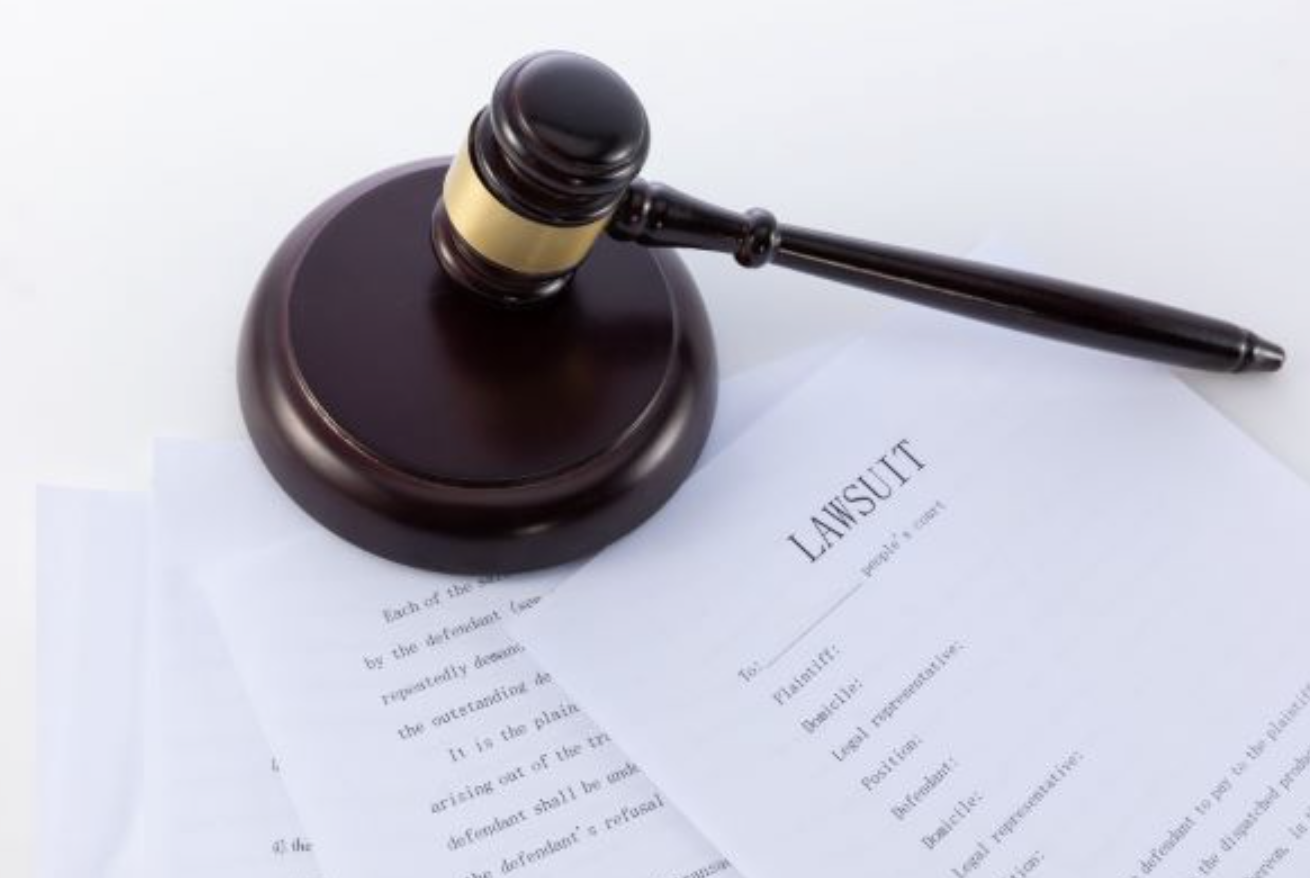When someone is said to be acting in “bad faith,” they are reneging on their obligations to their clients.
If you’ve been paying your homeowners insurance premiums on time, the assumption is that your provider will have your back in the event of an accident or disaster. After all, that’s the whole point of insurance in the first place. If your provider fails to provide you with a settlement, you might feel as though they’ve stolen your hard-earned money over the past years and given nothing back. Fortunately, you don’t have to accept this treatment without a legal fight. One way in which you can stand up for yourself is by filing a “bad faith” lawsuit. But what does this actually mean?
If you’d like to file a bad faith lawsuit against a Colorado insurance provider, you’ll need to get in touch with a qualified, experienced attorney who specializes in denied homeowners insurance claims. These legal professionals know exactly how to proceed with a lawsuit, and they can explain the process to you during your initial consultation. Even better, these attorneys have a strong understanding of the insurance industry, and they can hold insurance companies accountable for not following through on their end of the bargain.
“Bad Faith” Defined

When someone is said to be acting in “bad faith,” they are reneging on their obligations to their clients. When you get homeowners insurance, you sign a contract. Your end of the bargain is to pay your claims on time and keep your home in a reasonably good state. The insurance company’s obligation is to pay out the agreed-upon settlement if property damage occurs. Both parties are legally obligated to follow through with this contract. If either party fails to adhere to the conditions of the agreement, they can be sued under “bad faith.”
When Can I Sue an Insurance Company for Bad Faith?
There are actually a few common situations that might lead to a bad faith lawsuit against a homeowners insurance provider:
- Failing to investigate claims within a reasonable amount of time
- Failing to process claims within a reasonable amount of time
- Refusing to pay a legitimate claim
- Misrepresenting the terms of the contract through confusing language
- Failing to disclose a policy’s limits and exclusions
- Making unreasonable demands
What Happens if I Win My Lawsuit?
If you win your lawsuit, the insurance company will be ordered to pay out your settlement by the court. In addition, the insurance company may be ordered to pay your legal costs, and they may also be subject to punitive damages.
Enlist the Help of a Qualified Attorney Today
If you’ve been searching the Denver area for a qualified, experienced attorney who specializes in denied homeowners insurance claims, there are quite a few legal professionals available to assist you. Team up with one of these attorneys, and you can approach your bad faith lawsuits in a confident, efficient manner. Although this type of lawsuit can seem complex and confusing at first, it’s easier than you think when you have a reliable lawyer on your side. Book your consultation today, and you can go over all of your legal options.


Join the conversation!